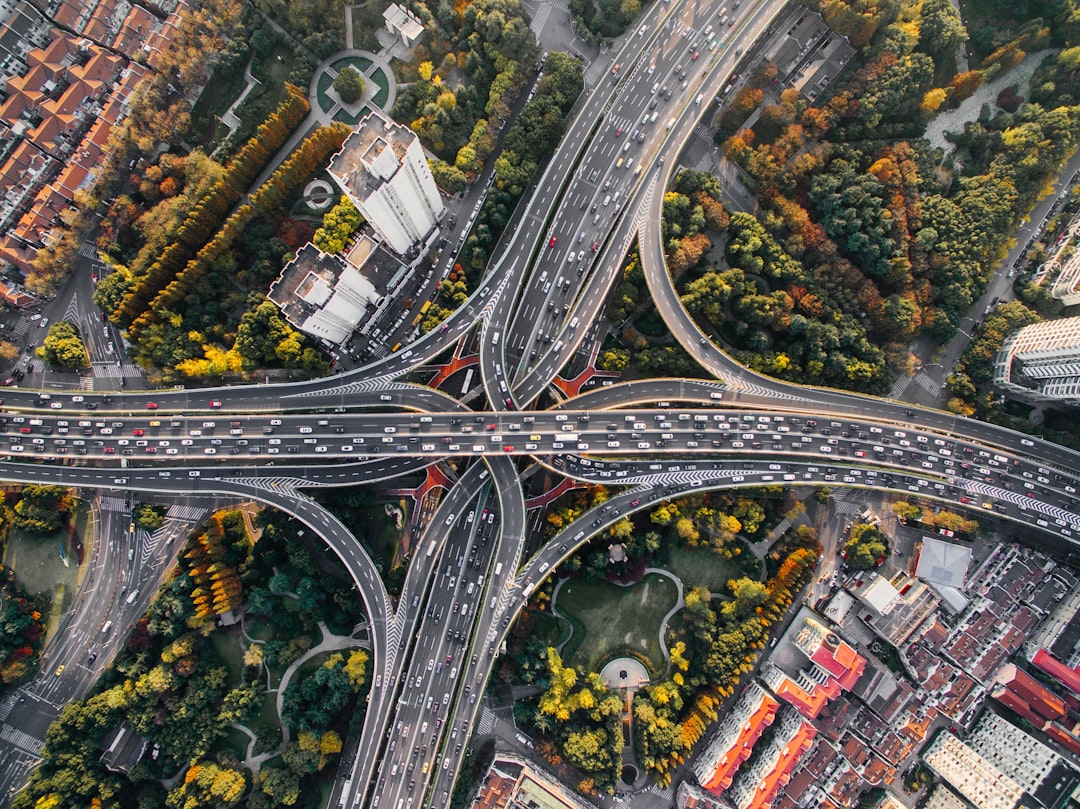AI and the Future of Transportation
The Impact of AI on the Future of Transportation
The rapid advancement of artificial intelligence (AI) technology is revolutionizing various industries, and transportation is no exception. With the integration of AI, the future of transportation is set to become safer, more efficient, and more sustainable. From self-driving cars to smart traffic management systems, AI is reshaping the way we move from one place to another.
1. Self-Driving Vehicles
One of the most prominent applications of AI in transportation is the development of self-driving vehicles. These autonomous cars use a combination of sensors, cameras, and AI algorithms to navigate roads and make decisions in real-time. By eliminating the need for human drivers, self-driving cars have the potential to significantly reduce accidents caused by human error, making roads safer for everyone.
2. Traffic Management
AI-powered traffic management systems are another key aspect of the future of transportation. These systems use real-time data from various sources, such as GPS, traffic cameras, and weather sensors, to optimize traffic flow and reduce congestion. By analyzing this data and adjusting traffic signals and routes accordingly, AI can help minimize travel times and improve overall transportation efficiency.
3. Predictive Maintenance
AI can also play a crucial role in ensuring the smooth operation of transportation infrastructure. By analyzing data from sensors embedded in vehicles and infrastructure, AI algorithms can predict when maintenance is required, preventing breakdowns and reducing downtime. This proactive approach to maintenance can save time and resources while improving the reliability of transportation systems.
4. Enhanced Public Transportation
AI technology can enhance public transportation systems by providing real-time information to commuters. AI-powered apps and platforms can offer accurate arrival and departure times, suggest alternative routes, and provide personalized recommendations based on individual preferences. This level of convenience and efficiency can encourage more people to use public transportation, reducing traffic congestion and carbon emissions.
5. Improved Logistics and Delivery
AI has the potential to revolutionize logistics and delivery services. By using AI algorithms to optimize routes and schedules, companies can reduce delivery times and increase efficiency. Additionally, AI-powered drones and robots can be used for last-mile delivery, further streamlining the process. These advancements in logistics can have significant implications for e-commerce and other industries reliant on efficient delivery systems.
6. Safety and Security
AI can greatly enhance transportation safety and security measures. Intelligent surveillance systems can detect and respond to potential threats, ensuring the safety of passengers and infrastructure. AI algorithms can also analyze patterns and identify potential risks, helping authorities take proactive measures to prevent accidents and incidents. By leveraging AI technology, transportation systems can become more resilient and secure.
7. Environmental Impact
The future of transportation is not just about efficiency and convenience; it also needs to address environmental concerns. AI can contribute to this by optimizing routes, reducing traffic congestion, and promoting the use of electric and hybrid vehicles. By minimizing fuel consumption and emissions, AI-powered transportation systems can help mitigate the environmental impact of transportation and move towards a more sustainable future.
8. Accessibility and Inclusivity
AI technology has the potential to make transportation more accessible and inclusive for all. By providing real-time information, personalized recommendations, and adaptive features, AI-powered transportation systems can cater to the needs of individuals with disabilities or special requirements. This inclusivity can empower more people to participate in society and access essential services.
In conclusion, AI is set to transform the future of transportation by making it safer, more efficient, and more sustainable. From self-driving vehicles to smart traffic management systems, the integration of AI technology offers numerous benefits. By leveraging the power of AI, we can create transportation systems that are not only convenient and efficient but also environmentally friendly and accessible to all.







